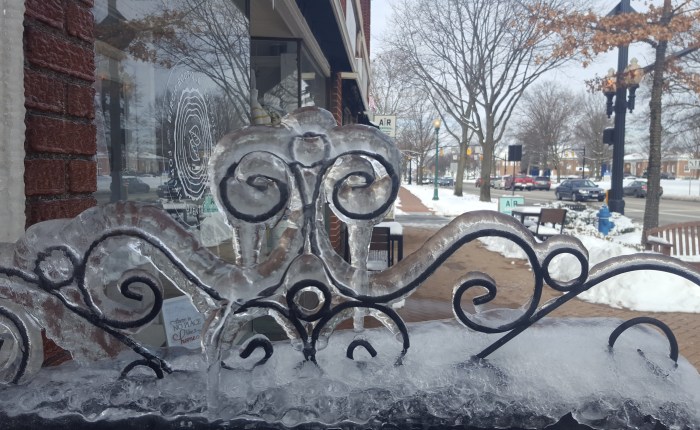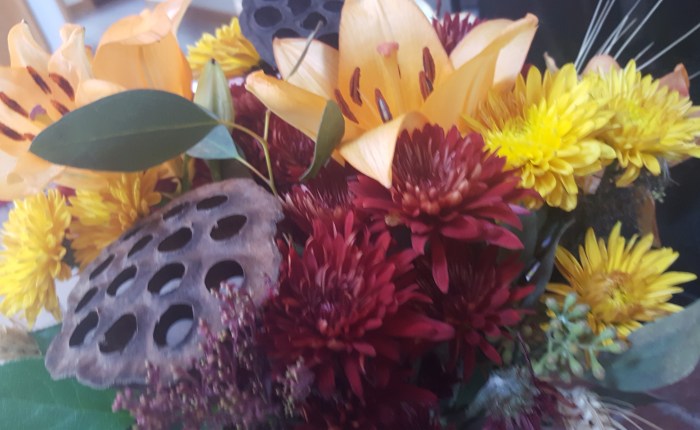Totally by coincidence, and months ago now, I found myself reading two books in parallel. The topics are different. The genres are different. The style of writing is different. The books are set on different continents. The authors are not even contemporaries. Yet the themes could not be a closer echo of each other.
The books are Souls of Black Folk, by W. E. B. Dubois, and Trinity, by Leon Uris.
Neither book is modern, which makes the language outdated. In their lack of buzz words and modern code, their voices become fresh again to a contemporary reader.
The main parallel I saw was in the authors’ treatment of poverty. In their own unique ways, the authors question the assumption (as prevalent then as it is now) that the poor are deserving of their suffering because they are lazy, dirty, dumb, name your flaw. They are somehow less than.
You may need to read that again. The poor are lesser humans, and therefore deserve their situation. Is this true? Whether we think we believe it or not, how many of us behave as if it is? And how do we know? I will not presume to answer this for you.
This is, on another note, Holy Week for Orthodox Christians. The readings and litanies of this week invoke a sense of deep introspection. Repentance, gratitude, compassion, a sense of our own wretchedness. A sense of being intimately known and intimately loved. All the reference points from which we have ever stood come together in this one week for an incredibly powerful spiritual reckoning–if we put in the time and effort to partake, of course.
So I had all this on my mind during today’s service. And as often happens, the readings were read as if they were responding to my thoughts. First, a Psalm, and then, a Gospel passage, well known, from Matthew 25. (Psalms 41: 1-2 and Matthew 25: 31-46, if you’d like to look them up for yourselves.) Here was a message about considering–thinking about–the poor, so that God will come to our aid in our [inevitable] time of trouble. And then, in Matthew, Christ teaches that when we help others (the sick, the imprisoned, the hungry, the homeless), it is as if we are helping Christ Himself.
God, the Creator of the Universe, is likening himself to those poor, those lesser-thans. He is encouraging us to help them. Which means we have to connect with them. Which means moving out of our comfortable circles to do the inconvenient, the uncomfortable thing for those whom it doesn’t apparently benefit us to help.
Here is my wider point. Meditating on our own spiritual/ emotional state, moving outside what is known and comfortable to connect with others, these are all (among other things) the very things that give life its meaning and its richness, I believe.
I ask you then to ask yourself, as I do myself, in what ways we can stay spiritually connected; past this week for observers of the Orthodox calendar, or past another time of spiritual awakening for others. What can we do to deepen our connection with the Creator of this world, and, in so doing, remind ourselves and others of Who that Creator is?








